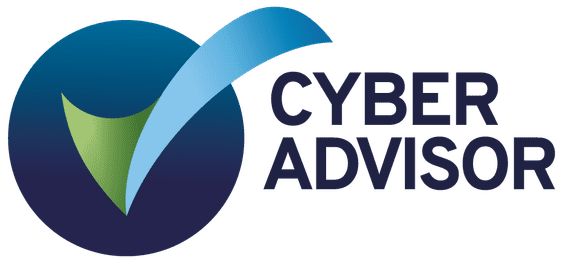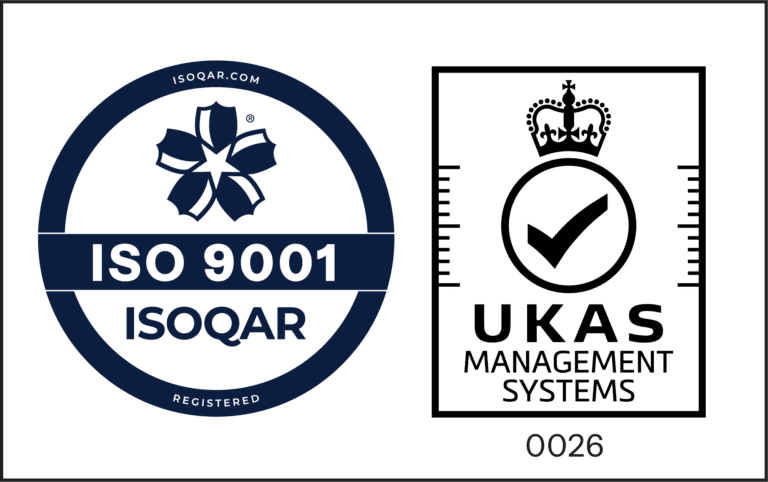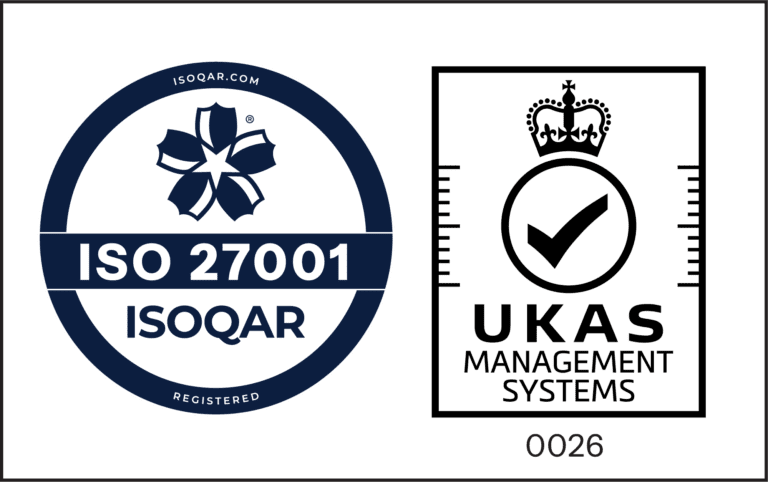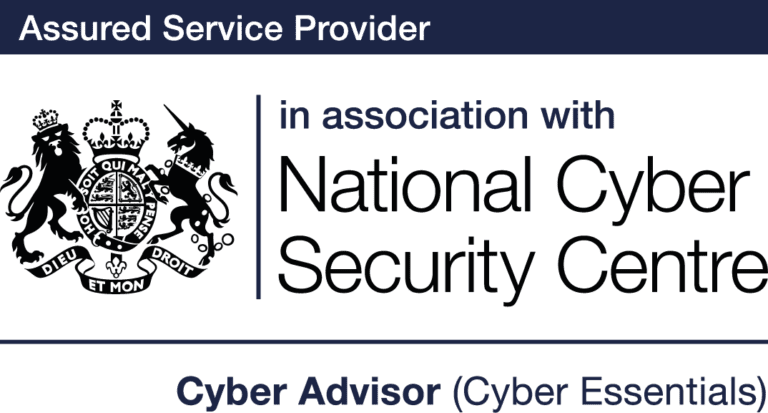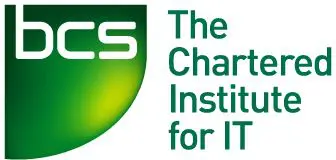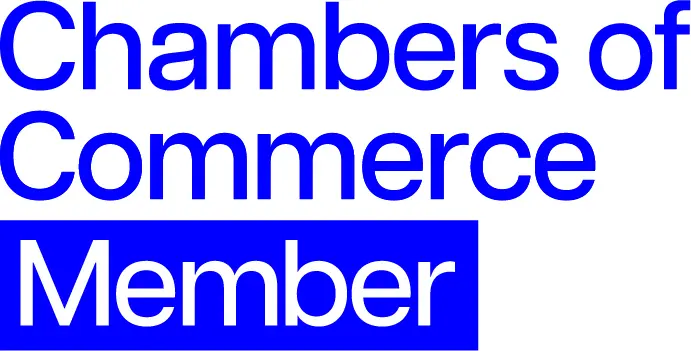Menu
- Provided under a rolling monthly contract, meaning we have to consistently deliver excellent service to retain our clients
- Unlimited IT Support: Get expert IT support from a team of professionals helping your businesses IT needs.
- Security Basics Software Package: The bear minimum device level protection every business should have.
£46.44 +VAT
Per Computer Per Month
- Everything in Unlimited IT Support With Security Basics, Plus...
- Essential Security Software Package: The essential bits of software your businesses needs to work towards becoming cyber essentials certified.
£80.36 +VAT
Per Computer Per Month
- Everything in Unlimited IT Support With Security Basics, Plus...
- Complete Security Software Package: Enhanced software package to optimise productivity and security of your IT systems.
£99.74 +VAT
Per Computer Per Month

